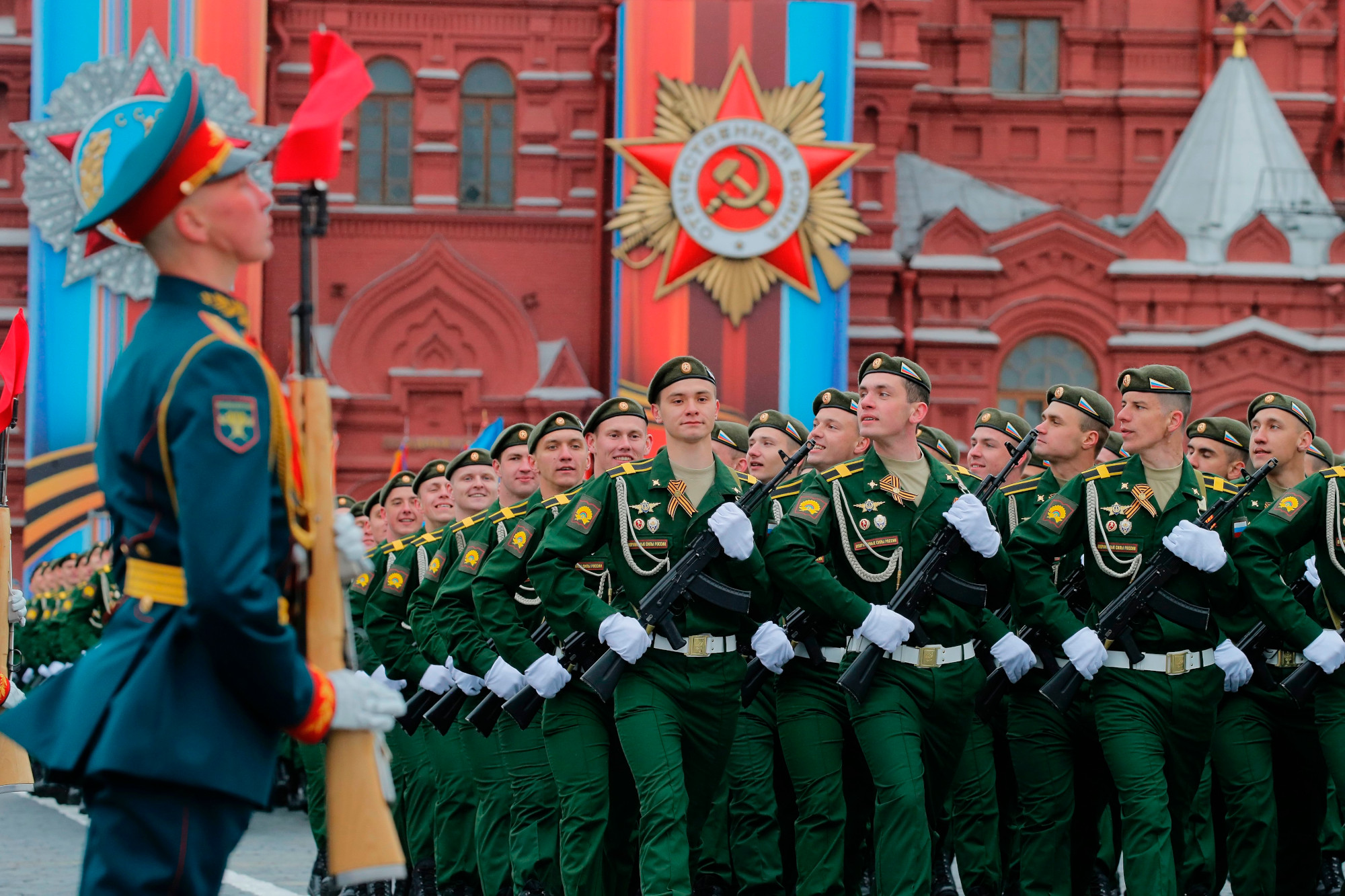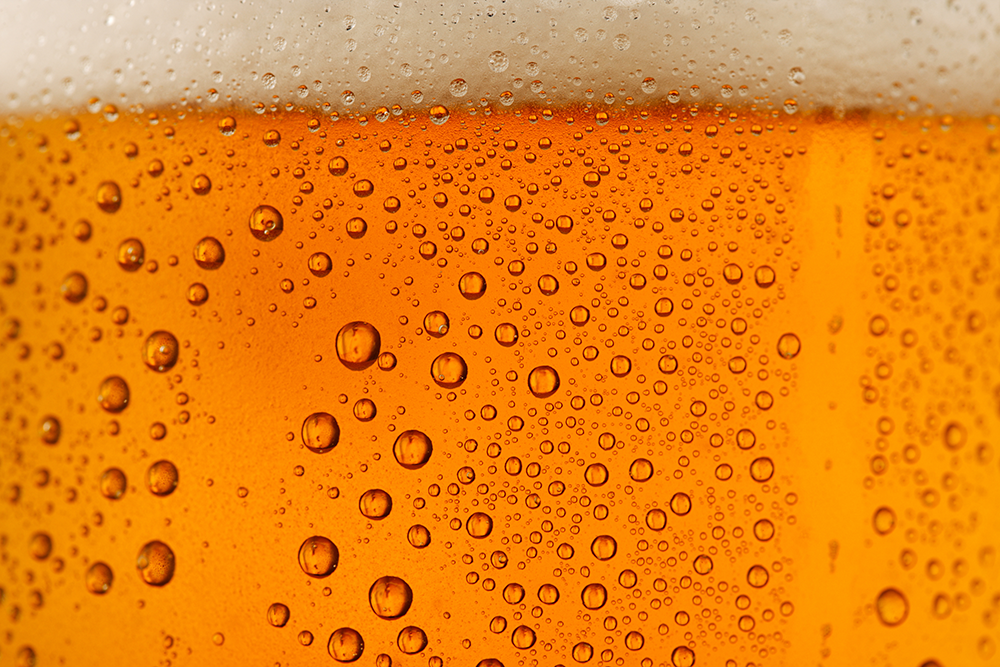Even by the elevated standards of Kremlin cynicism, Vladimir Putin’s invocation of a three-day ceasefire across the span of the Victory Day celebrations commemorating the end of the second world war in Europe takes some beating.
Putin is well aware of Kyiv’s capacity to embarrass him on this of all days
He has announced that ‘all military actions’ in Ukraine would be suspended between midnight on 8 May to midnight on 11 May, to cover the celebrations on 9 May (Russia celebrates a day later than the rest of Europe) which, because of the span of time zones across this huge country, lasts longer than 24 hours.
Putin claims this is based on ‘humanitarian considerations’ while other Kremlin mouthpieces said it was an act of respect for the fallen of what they call the Great Patriotic War. Of course, it is nothing of the sort, and Volodymyr Zelensky’s proposal that this be extended to a 30-day ceasefire (ten times the humanitarianism?), or indeed Donald Trump’s call for indefinite cessation of hostilities, have been ignored.
In part, this is a lacklustre attempt to claw back some credibility in Trump’s eyes following Zelensky’s successful intervention at the Vatican. But even the Russian media acknowledges that it is unlikely to play that well in Washington. If anything, there is a growing sense that Putin has chosen to let the US peace negotiations wither and hope that Trump simply withdraws from the whole conflict.
More important is Putin’s desire to have his Victory Day pass without undue and embarrassing incident. For most of the ordinary Russians who will throng the streets, listening to patriotic music blaring from loudspeakers, it is a day off, a chance to honour surviving veterans and a reminder of a shared historic moment. They may watch a war film, take a selfie in an old-fashioned pilotka sidecap, even go watch the parades, but this no more shapes their inner selves than dressing up as a witch or a ghost on Halloween turns people into monsters.
For those around Putin and who have been seduced by his creed of resentful and paranoid militaristic nationalism, though, it is a high holy day. It is not just a commemoration of past triumph but an opportunity to try and map it over to the present. For the leadership watching the serried ranks of goose-stepping soldiers marching through Red Square, it is not just a desperate attempt to cosplay a kind of fantasy martial glory while their soldiers are scrambling across muddy fields in Ukraine, buzzed by drones and stitched by machine gun fire. It is also a necromantic ritual, trying to evoke the shades of the Soviet soldiers — even though proportionately more of those who died were Ukrainian and Belarusian — and incarnate them into a Russian population that needs to be induced to fight.
Besides, it is a soft power opportunity. Recent years have not only seen the parade strikingly light on modern tanks, the podium has been much less stacked with foreign dignitaries. For this, the 80th anniversary, the guest list is rather more robust, perhaps reflecting a sense that Russia’s time on the naughty step may be coming to an end. In particular, the presence of China’s Xi Jinping, Vietnam’s To Lam and Brazil’s Luiz Inácio Lula da Silva (and, Moscow had hoped, India’s Narendra Modi, although the flare-up in tensions with Pakistan seems to have scuppered this) are meant to underscore that even if the West still hopes to isolate Russia, its standing in the ‘Global South’ remains strong, including amongst the rising powers.
Putin doesn’t even want it to rain on his parade – quite literally, as nearby clouds are usually seeded beforehand with dry ice to make the rain fall beforehand or far away. The last thing he wants is for Kyiv to do anything more pyrotechnic. Back in 2023, a few days before Victory Day, the Ukrainians managed to launch shorter range drones, one of which exploded dramatically right above the dome of the Kremlin’s Senate Palace. These days, Ukraine’s much more robust long-range capabilities – drone attacks on the capital have become increasingly common — make it an even more serious threat. Besides, as the recent assassination of General Yaroslav Moskalik demonstrates, the Ukrainians have also become increasingly adept at covert operations on the ground.
Russia’s track record in observing its own ceasefires in this war hardly offers any hope that even these three days would be without incident. Even so, given that he has not offered anything similar in recent years, this is a sign that Putin is well aware of Kyiv’s greater capacity to embarrass him on this of all days.
The Ukrainians are hardly going to launch an attack that will force Xi Jinping to be hustled into a bomb shelter, but it is likely to be a nerve-wracking few days for the security officers and air defence commanders charged with ensuring there are no surprises. It was so much easier when the only threat was a rainstorm.









Comments